Transparency in regulations on transfer of authority to approve investment policies
Commenting on the draft Investment Law (amended), delegates all agreed on the need to amend this law as proposed by the Government to institutionalize the Party's policies and guidelines on investment and private economic development, in line with the management of two-level local governments. At the same time, overcome limitations to effectively exploit social resources, ensure consistency and unity with the current legal system and international law of which Vietnam is a member.
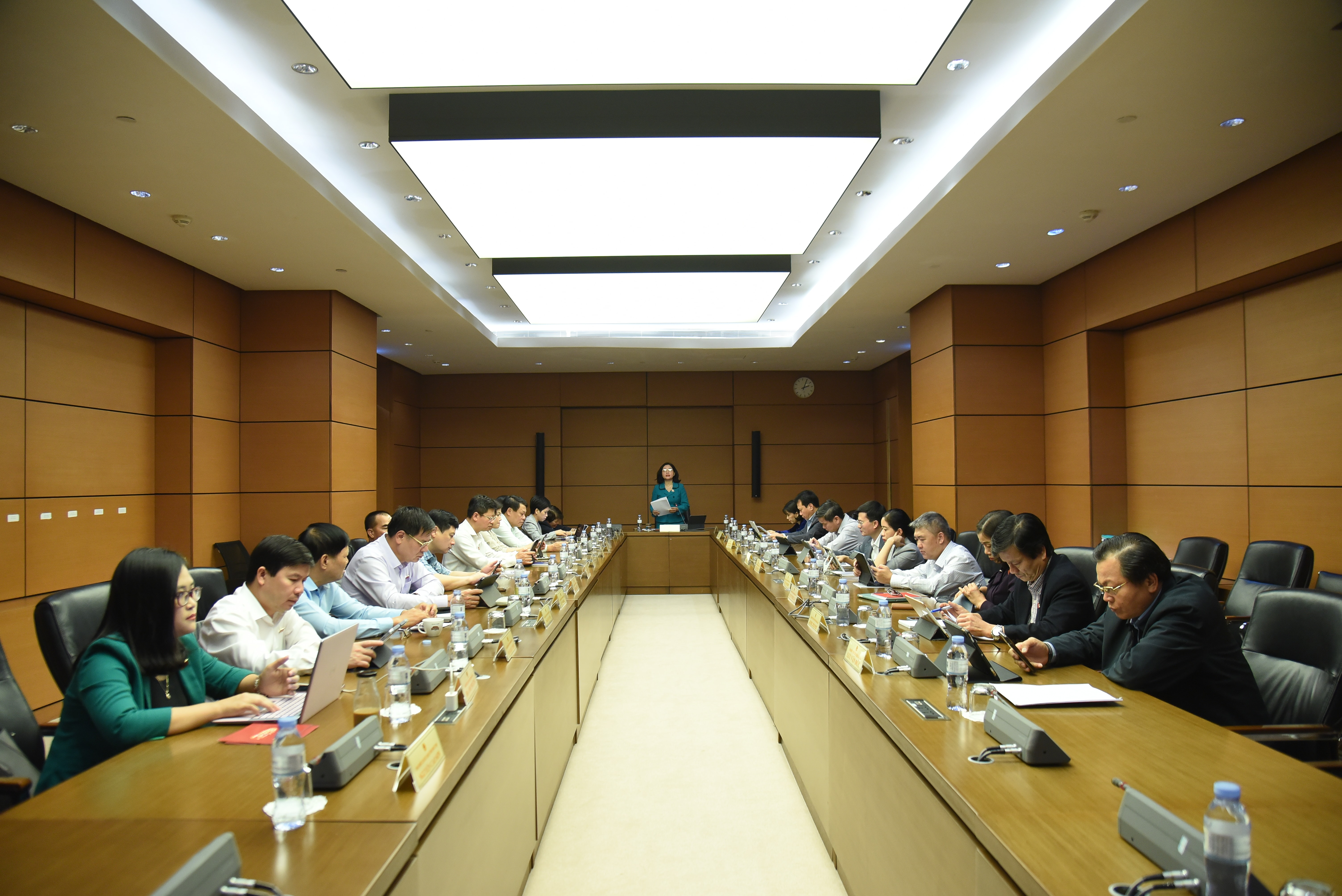
Regarding conditional business investment sectors (Article 6), National Assembly Deputy Tran Van Tien ( Phu Tho ) said: Point d, Clause 6 stipulates other requirements that individuals and economic organizations must meet to carry out business investment activities without having to have written confirmation from competent authorities. To make administrative procedures transparent and avoid causing inconvenience and harassment, the delegate suggested that it is necessary to specify what other requirements are to ensure consistency in implementation.
Regarding the addition of prohibited investment and business sectors related to the environment and child protection (Article 6), National Assembly Deputy Cam Ha Chung (Phu Tho) said that such a regulation is consistent with the inheritance of the current list of prohibited investment and business sectors, but in reality, there are still some newly emerging areas that have not been clearly regulated. Especially the import and treatment of electronic waste without inspection and recycling according to environmental standards, and the production and trading of toys and games with toxic, violent, anti-cultural content that negatively affects children's personality.
Voters in many localities have proposed adding these fields to the list of prohibited fields, in order to ensure compliance with international commitments on sustainable development, as well as the orientation of Resolution No. 50-NQ/TW of the Politburo . Therefore, delegates suggested that the drafting committee accept and add the above two groups of industries to Article 6 to ensure completeness and comprehensiveness in investment and business management, especially in the fields of environment and child rights protection.
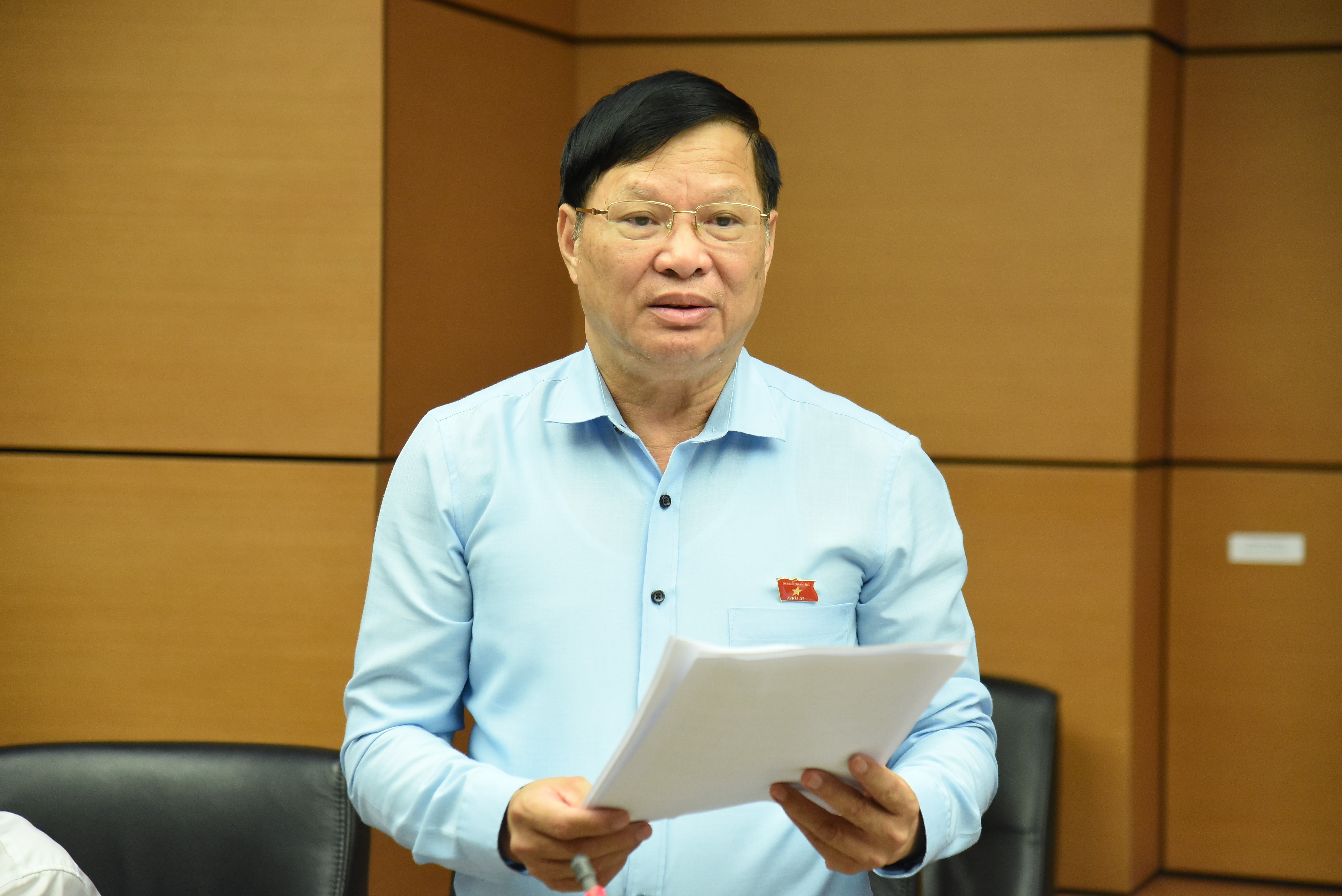
At point a, clause 2, Article 16 on investment incentive industries and areas with investment incentives, it is stipulated that investment incentive areas include areas with difficult and especially difficult socio-economic conditions. According to delegate Tran Van Tien, such a provision is very difficult to determine, because today the area is subject to incentives but later that area may not be subject to incentives or a new area may arise. Therefore, it is proposed to add a clause for the Government to regulate to suit the socio-economic conditions in each period.
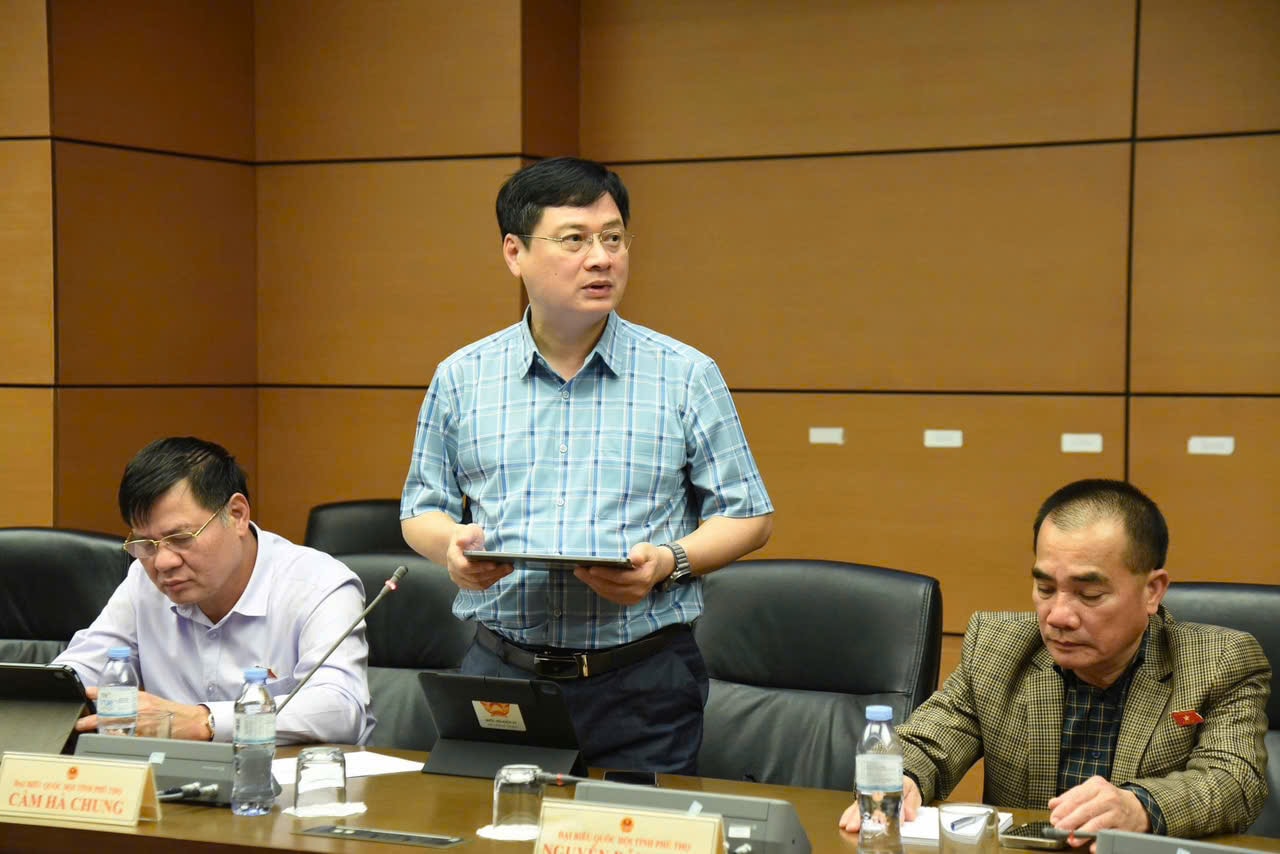
Regarding the expansion of industries, occupations and investment incentive areas - creating momentum for local development (Article 16), delegate Cam Ha Chung (Phu Tho) said that currently, industrial clusters and craft village industrial clusters play an important role in rural economic development, creating jobs for people, but have not been listed in the list of incentive areas. Therefore, the delegate proposed to add industrial clusters and craft village industrial clusters to the group of investment incentive areas. This not only helps to allocate resources more evenly among regions but also encourages small and medium enterprises and production households to switch to a formal, green and sustainable production model.
Supplementing the support rate of investment support fund for enterprises
Regarding the establishment of the Investment Support Fund, delegate Le Dao An Xuan (Dak Lak) suggested that the drafting agency consider and re-evaluate the formation and expected operating mechanism of these funds in the coming time to avoid duplication. In addition, the regulations should supplement the support rate of the investment support fund for domestic enterprises. Thus, the detailed instructions of the Government after the Law is promulgated will have a clear direction and domestic enterprises will also receive the Government's commitment in the investment field.
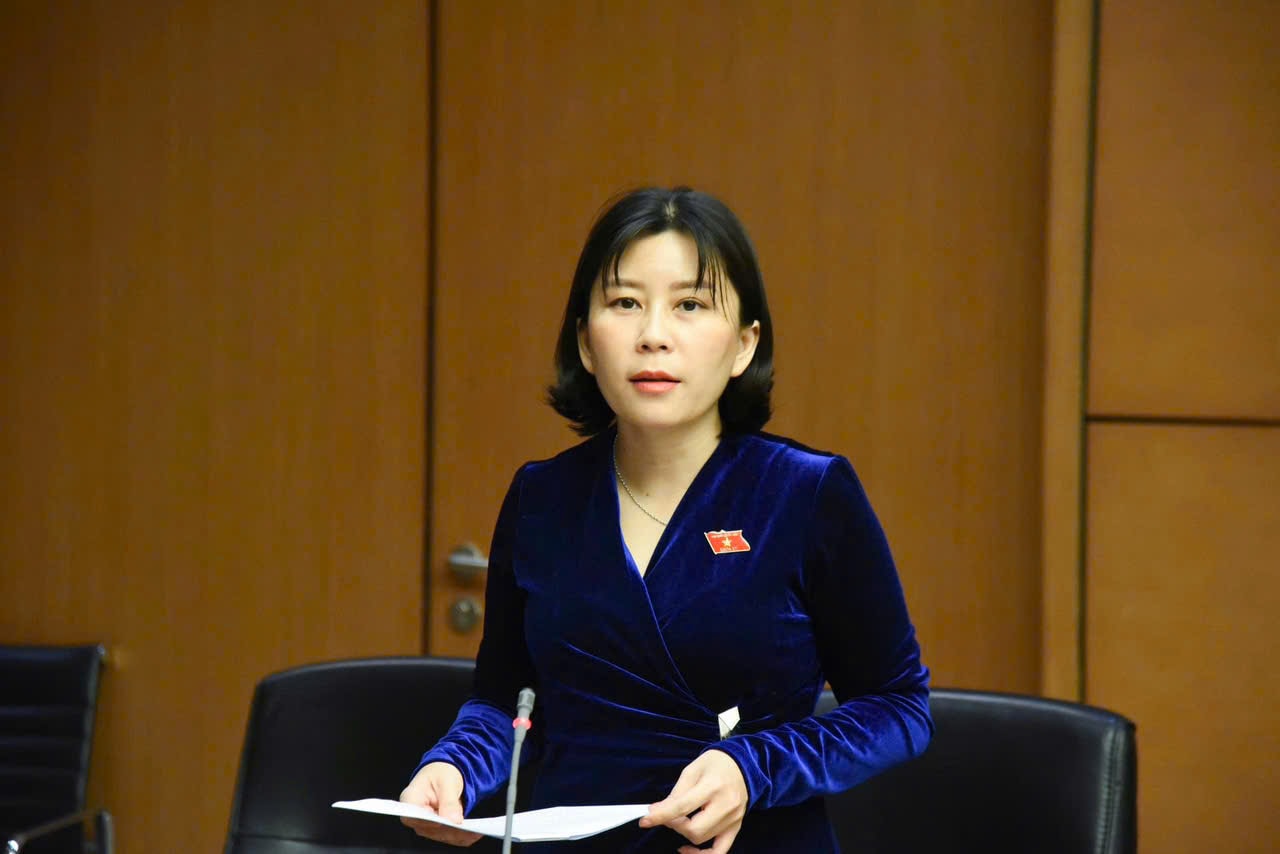
Commenting on projects subject to investment policy approval (Article 25), delegate Le Dao An Xuan said that Clause 11 stipulates that "investment projects for housing construction (for sale, lease, lease-purchase), urban areas do not distinguish between land use scale or population scale, except for investment projects through land use rights auctions or bidding to select investors".
The delegate affirmed that in recent times, the real estate sector has received special attention from the National Assembly and the Government with the goal of creating more affordable housing for people. Therefore, to reduce administrative procedures for this sector, the delegate suggested that small-scale housing construction projects do not need to go through investment approval procedures, but only large projects such as urban area construction of 5 hectares or more need to go through this procedure. This will further promote low-income housing projects for people.
Regarding the procedures for approving investment policies (Articles 25, 26, and 27), the draft Law amends and supplements regulations on procedures for approving investment policies in the following directions: Narrowing and clarifying the scope of projects that must undergo approval; clearly defining exceptions for not performing procedures for approving investment policies; continuing to promote decentralization and delegation of authority for approving investment policies; amending and supplementing regulations on the authority to approve investment policies of the Chairman of the Provincial People's Committee instead of the Provincial People's Committee (Clause 3, Article 26); continuing to simplify procedures for approving investment policies.
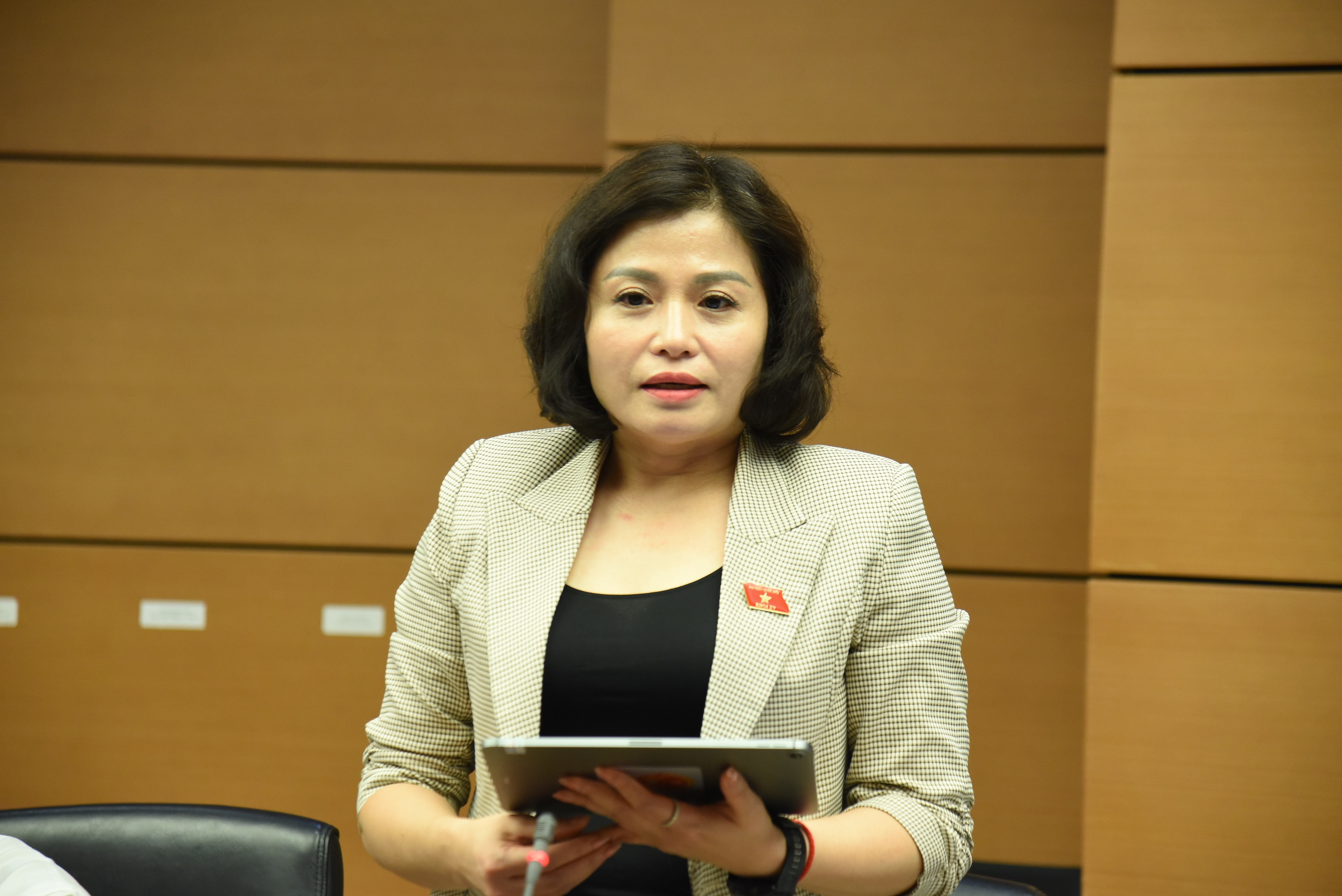
National Assembly Deputy Thai Quynh Mai Dung (Phu Tho) observed that the procedure for approving investment policies is a necessary procedure in managing investment and business activities in Vietnam, in order to ensure reasonable control between economic development and state management requirements, while enhancing transparency, efficiency, reasonable decentralization and avoiding systemic risks. The amendment and supplement to complete this regulation aims to remove difficulties and obstacles and speed up the process of implementing investment policy approval procedures, ensuring consistency and synchronization with relevant legal provisions.
However, regarding the regulation on transferring the authority to approve investment policies from the Provincial People's Committee (collectively) to the Chairman of the Provincial People's Committee (an individual decision), although this is a regulation consistent with the policy of decentralization, delegation of power, increasing individual initiative and responsibility, helping to shorten the time for processing documents, increasing flexibility, etc., it is necessary to study and have control mechanisms to ensure transparency, clarity, and avoid abuse of power; at the same time, ensuring compliance with the authority to approve planning in the draft Law on Planning (amended) and the draft Law on amending and supplementing a number of articles of the Law on Urban and Rural Planning (currently expected to be submitted to the National Assembly for consideration and approval at the Tenth Session).
Regarding the guarantee of investment project implementation (Article 31), one of the solutions to implement investment is to require enterprises to deposit investment funds. However, for small and medium enterprises and innovative startups, depositing funds will cause difficulties for enterprises. Because the ability to access credit sources and the ability to prove the effectiveness of their projects will be difficult. Some delegates suggested that the drafting agency review additional mechanisms for small and medium enterprises and innovative startups to have investment startup policies other than depositing funds to promote the development of these projects.
Source: https://daibieunhandan.vn/bo-sung-cum-cong-nghiep-cum-cong-nghiep-lang-nghe-vao-dia-ban-uu-dai-dau-tu-10395273.html






![[Photo] Deep sea sand deposits, ancient wooden ship An Bang faces the risk of being buried again](https://vphoto.vietnam.vn/thumb/1200x675/vietnam/resource/IMAGE/2025/11/13/1763033175715_ndo_br_thuyen-1-jpg.webp)



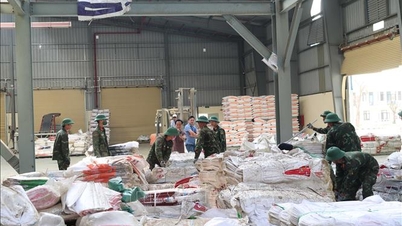

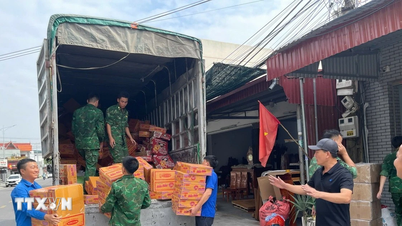

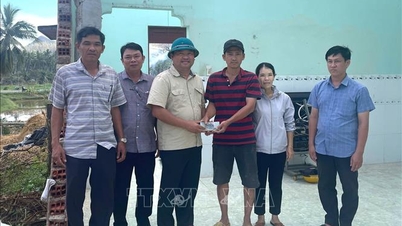






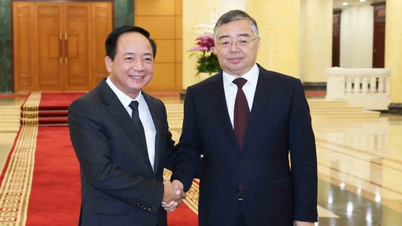

![[Video] Digital enterprises contribute ideas to the 14th Congress documents: Expectations for an open data corridor and unified digital infrastructure](https://vphoto.vietnam.vn/thumb/402x226/vietnam/resource/IMAGE/2025/11/13/1763046079638_doanh-nghiep-so-5650-jpg.webp)
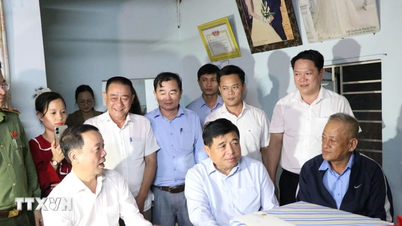
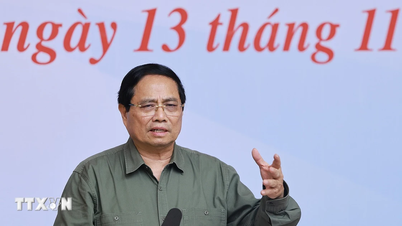
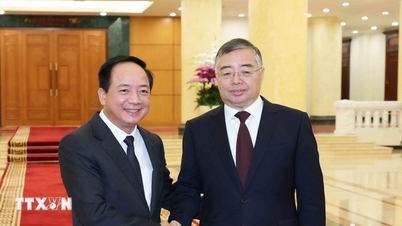






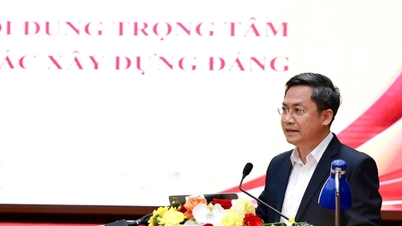
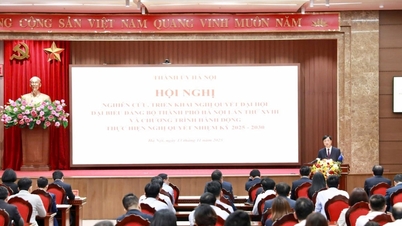
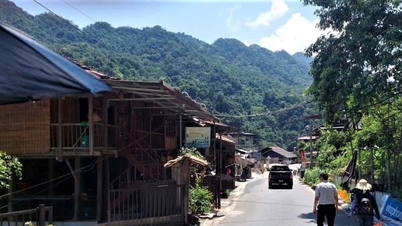


































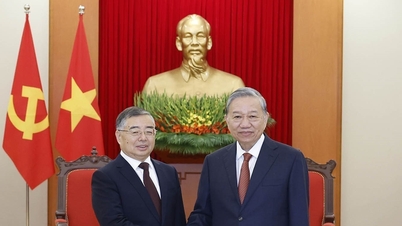
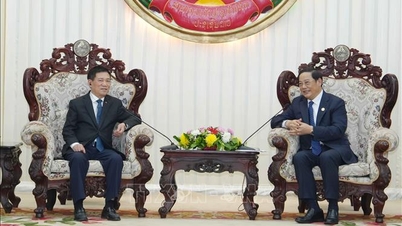


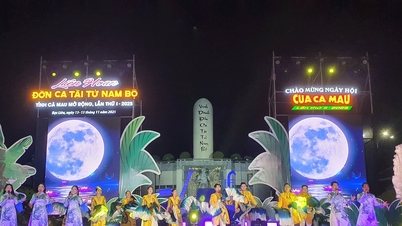




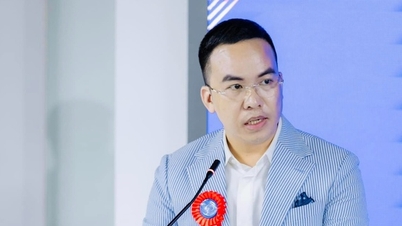
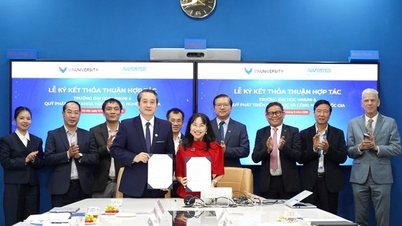

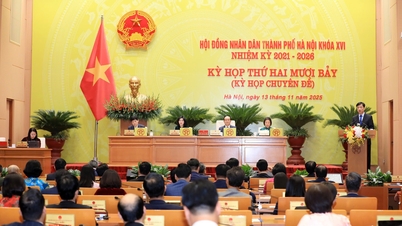

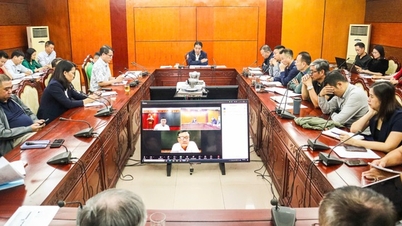

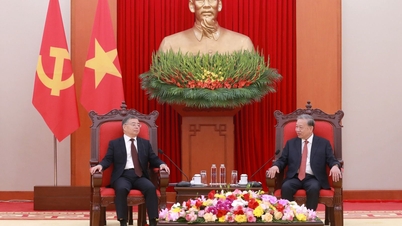


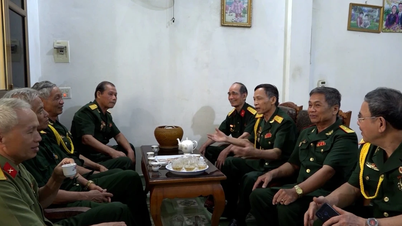

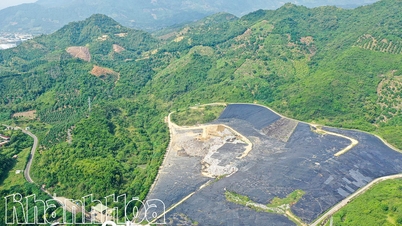
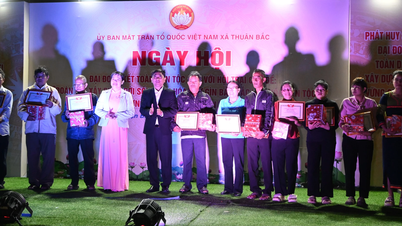
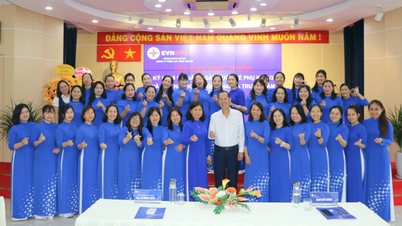
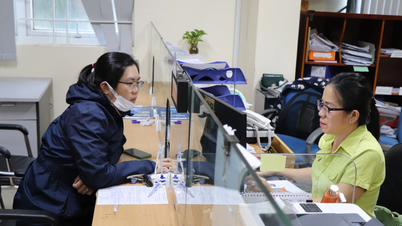





![Dong Nai OCOP transition: [Article 3] Linking tourism with OCOP product consumption](https://vphoto.vietnam.vn/thumb/402x226/vietnam/resource/IMAGE/2025/11/10/1762739199309_1324-2740-7_n-162543_981.jpeg)




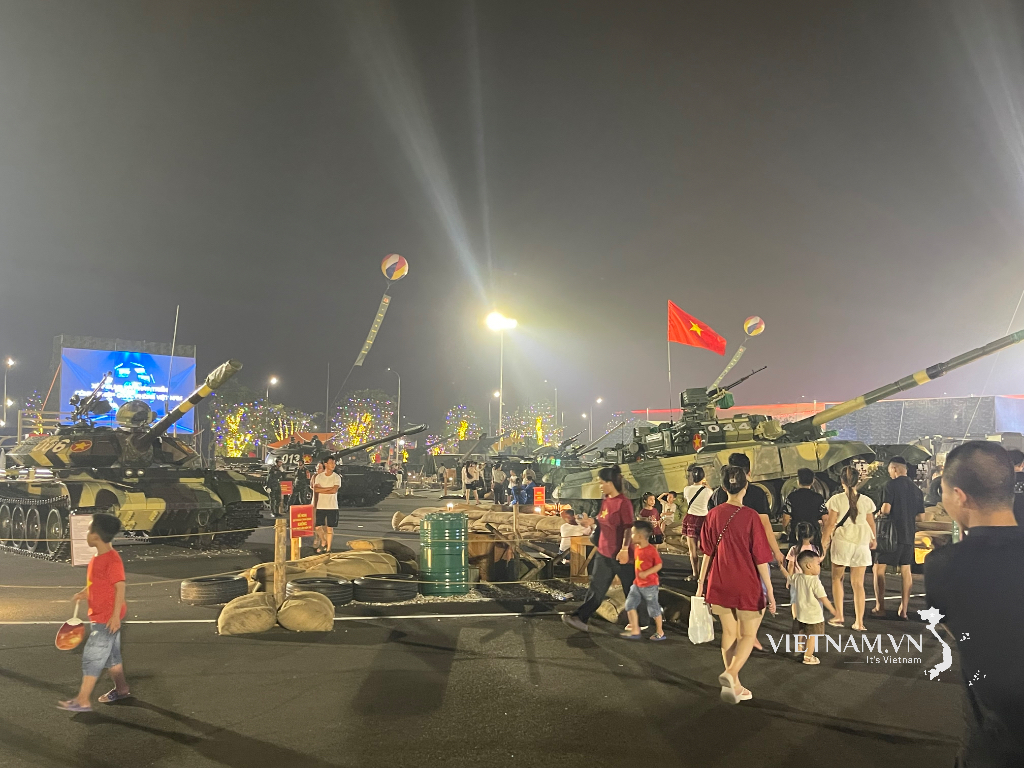


Comment (0)